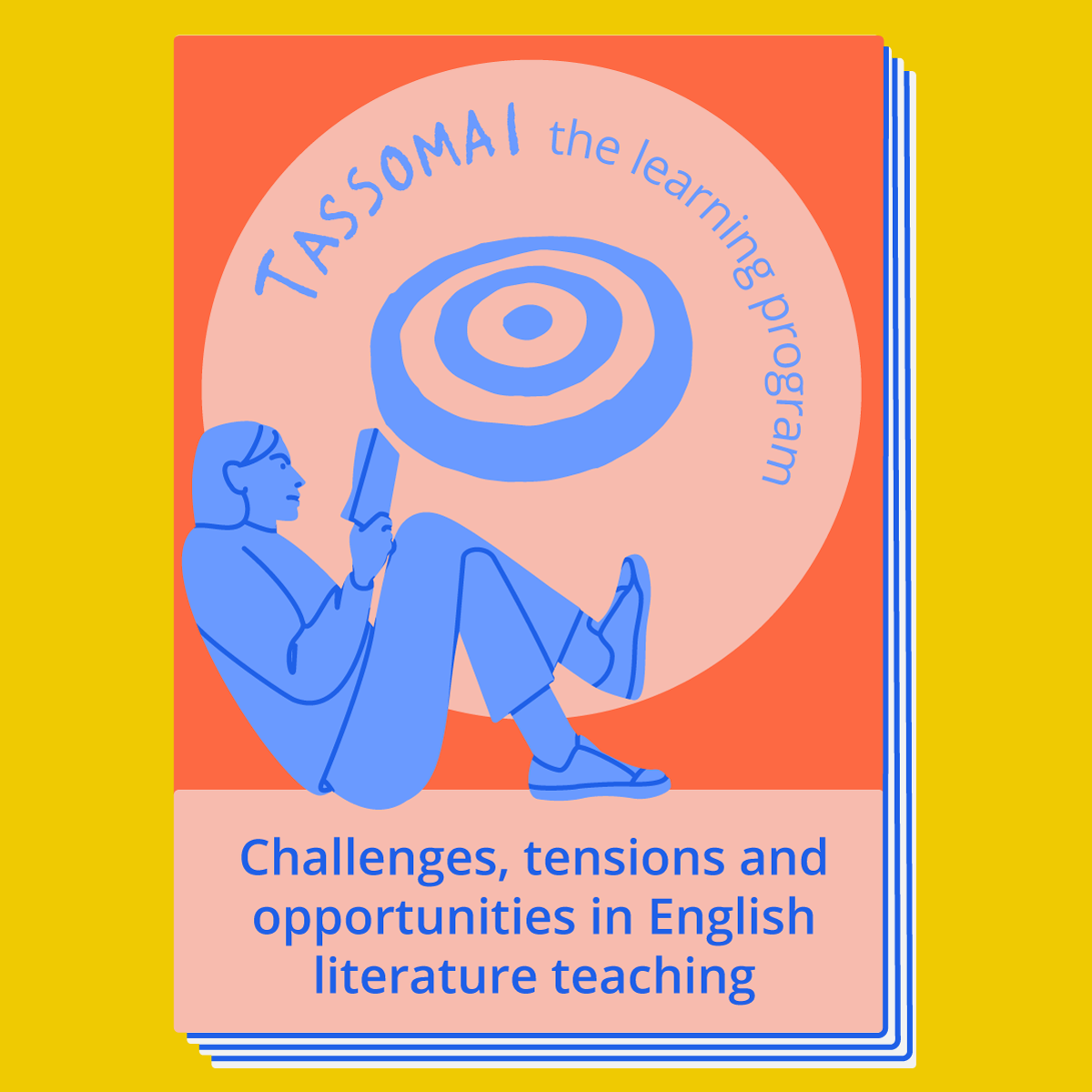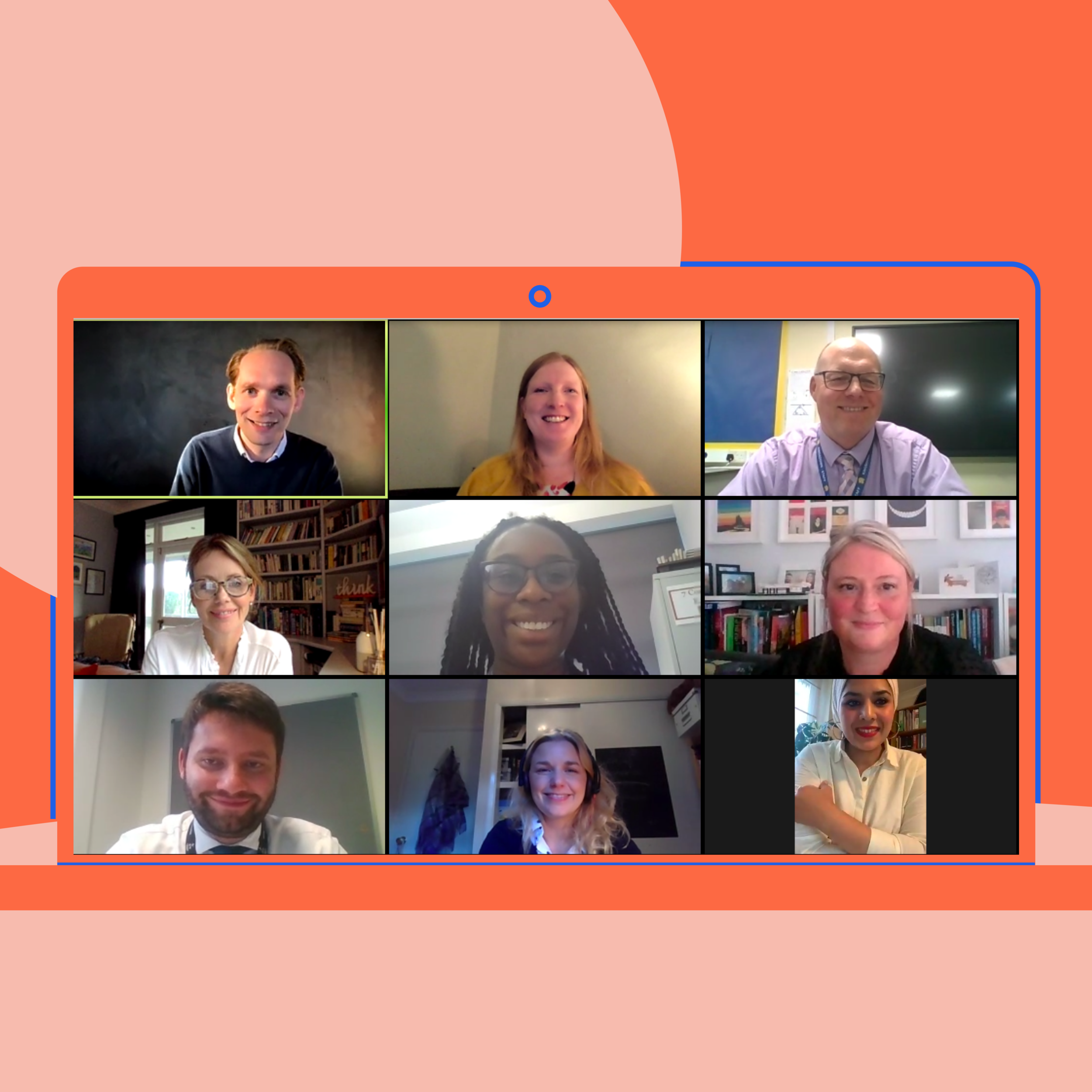Tassomai Roundtable: Challenges, tensions and opportunities in English literature teaching
Insights from English literature teachers, school leaders and English education organisations
In October, Tassomai hosted an online round table event, bringing together English literature teachers, school leaders and representatives of key education organisations to discuss the challenges of the past year and question what the future holds for edtech in secondary English literature teaching.
The Tassomai team have collated the key insights and revelations from this event, publishing the results as a report for teachers and stakeholders in the education sector.
Who attended the event?
The event was chaired by the brilliant Cat Scutt, Director of Education and Research at the Chartered College of Teaching. The event was also attended by:
Jamie Engineer, English teacher, Torquay Academy
Elmina Ferguson, Head of English, Ark Pioneer Academy, Barnet
Tracey Maloney, Chair of the Secondary and FE Committee, The English Association
Murray Morrison, Founder and CEO, Tassomai
Rachel Roberts, Chair, National Association for the Teaching of English
Dominic Salles, Assistant Headteacher, Kingsdown School and founder of YouTube channel Mr Salles Teaches English
Zara Shah, KS3 Coordinator, The Grammar School at Leeds, Advocate for LitDrive
Becky Wood, Lead Practitioner Teaching and Learning and English teacher at Kingsway Park High School, Rochdale and co-organiser of @Team_English1
What was discussed?
The event’s discussion covered three main objectives:
The impact of the pandemic on the teaching of secondary English literature
The support Y11s need this year to catch up, accelerate their learning and prepare for GCSE
The role EdTech can play in supporting English literature teaching this year
Despite recapping all of the trials and challenges that the education sector has faced recently, the overall tone of the discussion was one of positivity and looking forward to the future.
The role of edtech
Edtech was understandably a hot topic in the discussion, with many of the participants recommending products and software they had personally found particularly helpful over the last few years. There was enthusiastic discussion about the role of edtech tools and their place in helping students to reinforce knowledge and undertake recall practice in a subject that doesn’t traditionally lend itself to all edtech formats. Tools like Tassomai can help to free up face to face teaching time - something that has become even more important in recent months. By using edtech to help embed students’ knowledge of a text’s core concepts, more time can be spent in the classroom focusing on discussion and unpacking more complicated ideas.
The challenges of secondary English literature
It was clear from the event that secondary English literature faces some unique challenges as schools try to fill the gaps in students’ literary knowledge. English teachers will have to juggle catching up on the factual and procedural knowledge of assessment objectives, while trying to recapture the ‘magic’ of the subject, which for some may have been lost outside of the classroom. Our roundtable conversation emphasised the importance of discussion and oracy when it comes to English teaching, and we hope that the insights from this report will serve as a good reminder of all that makes the subject so central to students’ education.
The report
As the creators of a learning app used extensively in schools, and having introduced our new English literature and language courses last year, we have had many discussions with teachers, parents and students about the English literature GCSE course. We’ve heard their concerns about learning loss and their hopes and fears for the year ahead. It’s our hope that the insights from this roundtable discussion will help to prepare for the years ahead as we look at the future of English teaching and the supporting role edtech may play.
The roundtable event has been condensed into a short report, 'Challenges, tensions and opportunities in English literature teaching', to capture its wide-ranging and insightful discussion.
Download our free report for secondary English literature teachers and school leaders here!
We are keen to ensure as many English literature educators, and other interested parties, have a chance to read the report as possible. Please feel free to share the link to our report with anyone you feel might be interested, or share it on social media.
We are on Twitter, Facebook, Instagram and LinkedIn. If you would like to retweet one of our posts, here’s a recent tweet about the report.










